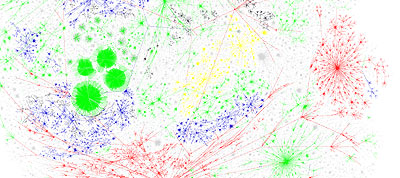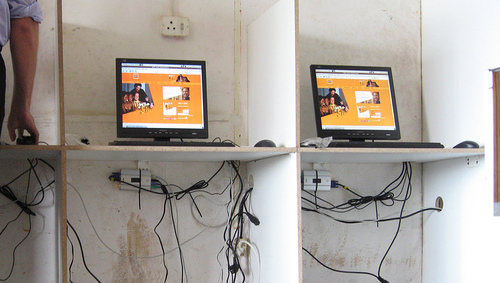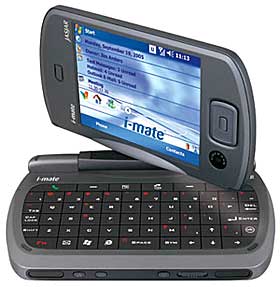This morning’s Observer column…
Although the established order struggled initially with the challenges posed by the net, in general it has made astonishing strides in getting the unruly beast under control. That control will never be perfect (witness the way the file-sharing genie escaped from the bottle), but the long arm of the law has had little difficulty reaching into cyberspace when it chooses to make the effort.
And although libertarians will no doubt protest, sometimes these intrusions may have beneficial effects. Those of us who want the net to serve as the Speakers’ Corner of the 21st century have to accept that speakers must take responsibility for what they say.
Even in the US, freedom of speech does not include the right to shout ‘Fire!’ in a crowded theatre.
And in Britain it should not include the right to call somebody a sex offender when he is not.





